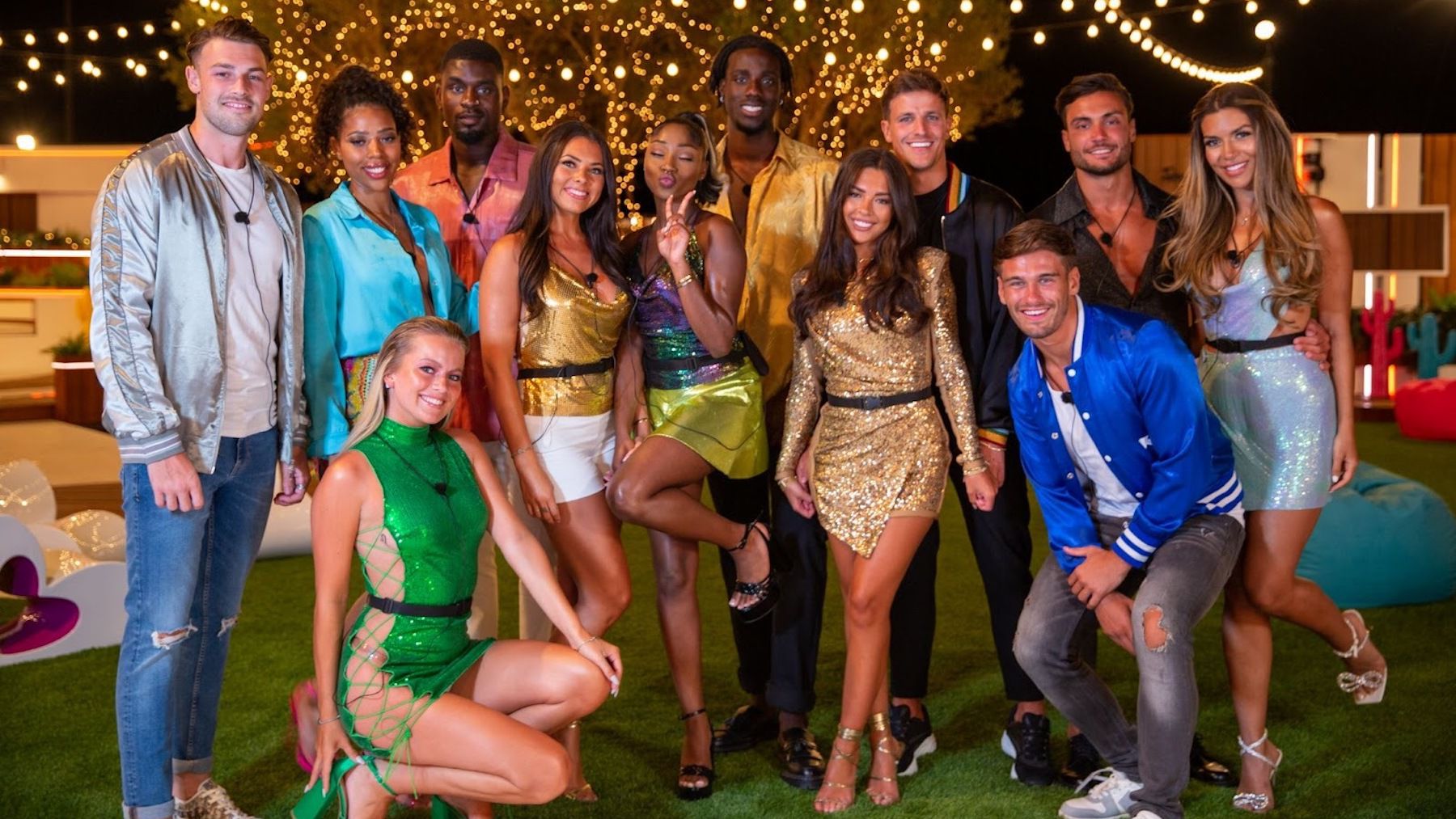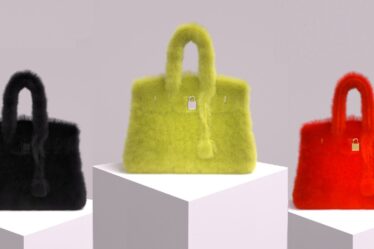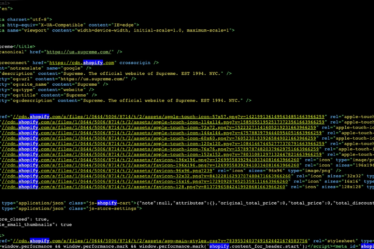
When the news broke last summer that resale site eBay would be Love Island’s official fashion partner, it was an eye-catching, if odd coupling.
The hit reality TV show, in which a rotating cast of unattached would-be influencers spend two months in a Spanish villa with nothing to do but decide who they fancy most while parading an endless succession of bikinis and bodycon dresses, has become a coveted marketing moment for big fast-fashion brands.
In past seasons, the fast-fashion labels Missguided and I Saw It First have shelled out millions of pounds for the exclusive right to dress contestants. But the show has also faced flak for promoting a culture of throwaway fashion. Coupling up with eBay was positioned as a way to promote more responsible shopping habits to the show’s millions of viewers.
Whether a commercial partnership ultimately designed to keep people consuming, albeit secondhand goods, can really deliver on such lofty goals is up for debate, but it was certainly a savvy branding move that once again put Love Island ahead of the cultural curve.
“If you just think of the tone around fast fashion a lot of the online conversation has turned on it and people view these companies as a social net negative,” said fashion and culture writer Amy Odell. “It’s pretty remarkable that a show like Love Island is aligning with eBay in a way that … is casting a halo on the show.”
The question is whether this is a real “vibe shift” — a major point of cultural flux — away from excessive consumption, or just another smart marketing move?
EBay says the partnership has turned heads for secondhand. Searches for “pre-loved clothes” on its UK platform increased more than 1,600 percent between May, when the tie-up was announced, and November last year, compared to the same period in 2021. Half of the show’s viewers (more than 3 million people at its peak) who were aware of the partnership said they’d bought secondhand in the last three months, according to research from ITV, the British channel Love Island airs on.
To be sure, sustainability and resale have been part of the zeitgeist for some time now, but so have powerful counterforces like logomania and social media’s tyrannical push for newness. What’s changing is that some of those competing pressures are losing cultural currency to more complementary ones.
“It’s a synchronised change that is happening all over social media, the fashion conversation and the social and cultural conversation,” said Esprit chief brand officer Ana Andjelic, who has written on changing attitudes to wealth and consumption in her weekly newsletter The Sociology of Business.
Some examples: as 2022 closed out, the most-watched social-media drama wasn’t a celebrity drop, but climate activist Greta Thunberg’s snarky clapback to a tweet by controversial right-wing influencer Andrew Tate bragging about his collection of climate-destroying cars. Meanwhile, the gloomy economic outlook means profligacy is off the table for many and frugality is in fashion. From the Kardashians to White Lotus to The Glass Onion, there’s a movement to see the rich — and the way they consume — not as aspirational, but out of touch. And resale’s rapid growth plays into this too, prompting consumers to look at clothes like assets and dampening the cachet associated with newness.
“Consumers are becoming less and less interested in opulent displays of wealth,” trend forecaster Mandy Lee told her 430,000 followers in a recent TikTok video. “As far as consumer attitudes go, having a signature style, being comfortable with repetition, will start to eventually hold more social currency than always having to have the next luxury ‘It’ item.”
Of course consumers are not monolithic and their behaviour is often inconsistent, which means the cultural conversation around consumption can move on while we all keep shopping. For many, fast fashion is simply what is affordable, while resale’s role in really promoting more responsible consumption is contentious.
Love Island certainly remains part of the fast fashion marketing machine; last season’s winner Ekin-Su Cülcüloğlu wound up with a deal to work with UK-based brand Oh Polly. EBay got fourth runner-up Tasha Ghouri.
Meanwhile, Boohoo Group-owned Pretty Little Thing launched its own secondhand marketplace in September, a month after last season’s Love Island finale — one of a flurry of fast fashion brands experimenting with resale as a potentially powerful loyalty tool. The app’s first ambassador: Indiyah Polack who placed third in Love Island’s latest season.
EBay’s big pitch this season is its “Imperfects” range, which offers new clothes and accessories that couldn’t be sold at full price because of small defects or imperfections. In other words, it’s not secondhand; it’s just an outlet.
For more BoF sustainability coverage, sign up now for our Weekly Sustainability Briefing by Sarah Kent.



